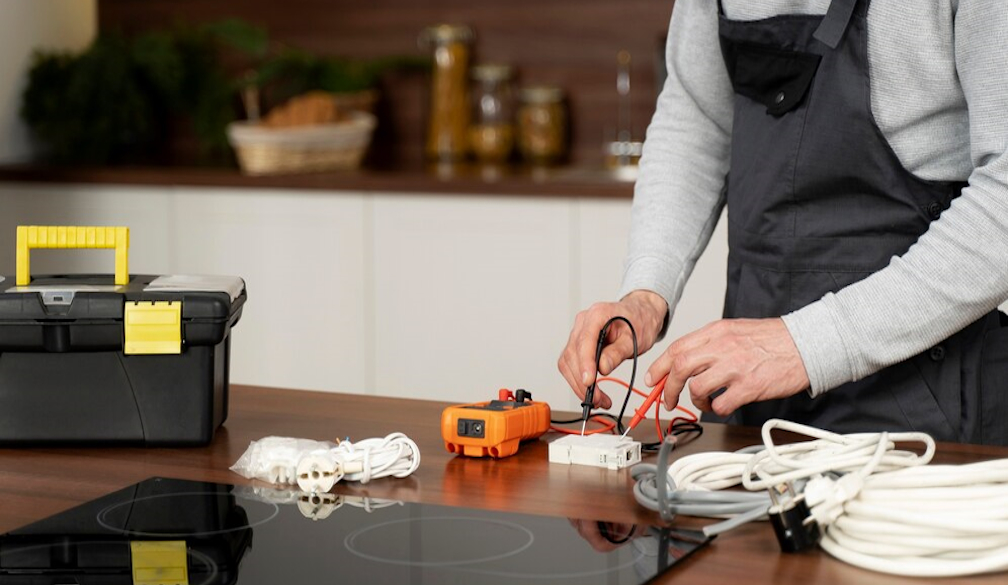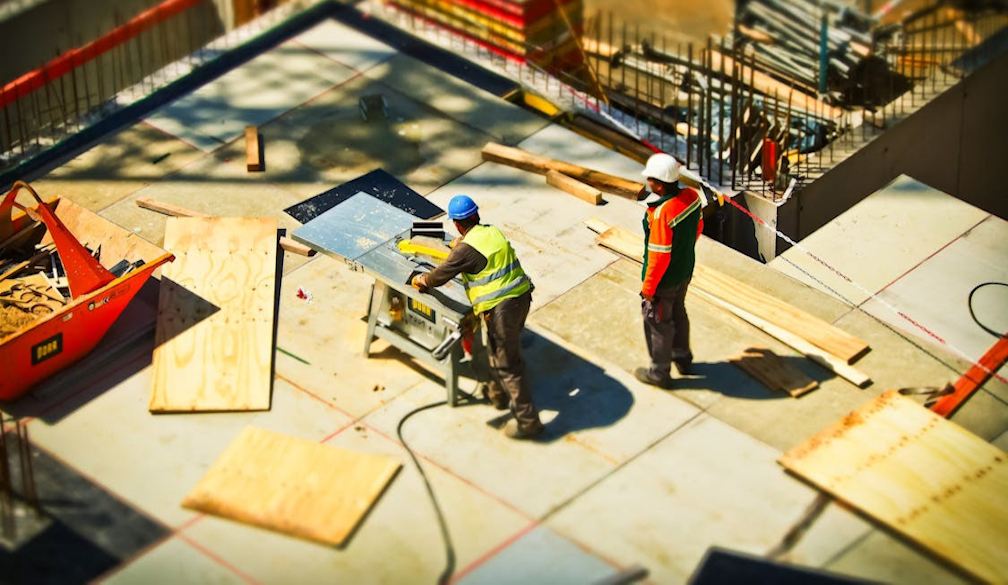What Renters Should Know About Subletting in Australia

Renting a house in Australia can feel like negotiating a minefield, particularly with regard to subletting. Whether you rent for the first time or have experience, subletting might raise many queries and doubts.
It's important to know the details, however, to avoid mistakes, especially with regard to tasks such as bond cleaning and maintaining the property.
To keep on the safe side, what then should tenants know about subletting in Australia? Let's explore the specifics to enable you to choose the best course of action for your current living environment.
Understanding Subletting: The Basics
Simply said, subletting is the arrangement whereby a tenant leases the property - or a part of it - to another person, called a subtenant.
It's not as simple, though, as just assigning someone to cover your room while you travel temporarily or on holiday. Subletting rules can vary in Australia based on your state or territory of residence. Every state has its unique tenancy rules - not every lease enables subletting.
Before subletting, you should review your lease. Does it enable subletting? If the lease is silent on the topic or openly forbids it, you could have to ask your landlord or property manager for permission.
Even if your landlord agrees, ask for written approval. Should conflicts arise later, a verbal agreement might not be sufficient.
Responsibilities When Subletting: Who's Liable?
When you sublet, you remain the primary lease tenant. Hence, all responsibility falls on you. Should your subtenant neglect to pay rent, damage the property, or leave without cleaning, it is you who must deal with the fallout. For this reason, a strong subletting agreement is absolutely vital.
You should include in this agreement the subtenant's rent payment schedule and who pays for utilities. Still, another important consideration is bond cleaning expectations. Clearly state that the subtenants are in charge of leaving the area as clean as they found it.
The subtenant is responsible for maintaining the property. Even if the subtenants cleaned the mess, you might have to pay for it if they neglect to do so. Open communication on these obligations will help you avoid a world of problems.
Bond Cleaning: Why It's Important and How to Handle It
Let us now discuss bond cleaning, a word used frequently during the moving process. A bond cleaning is a thorough cleaning before returning the rental property to the landlord.
In Australia, it is mandatory to return the property in the same condition as when it was rented, with the exception of normal wear and tear. But when you're subletting, the distinctions could start to blur somewhat. Who is responsible for bond cleaning?
It depends on the situation, though. Say you are subletting just a room. You are probably still liable for the general care of the common rooms even if the subtenant is in charge of the room.
If you are subletting the entire property, though, you should make sure the subtenant is aware that, upon moving out, bond cleaning is their obligation.
In these cases, expert bond cleaning services might save lives. These services guarantee that the property satisfies the rigorous criteria demanded by landlords. Having a sudden deduction from your bond would be the last thing you want if the subtenant neglected to clean the oven or leave dust in difficult-to-reach areas.
Many renters have a condition in their subletting agreements mandating subtenants to engage a professional bond cleaner prior to their leaving. This small action can help to avoid many problems and guarantee that everyone ends the tenancy.
Choosing a Subtenant: The Right Fit
One of the most important choices you will make while subletting is the subtenant you decide upon. Recall that this person will be occupying your lease or sharing your space. Hence, find someone reliable.
Request references from past landlords, and if you believe it essential, do not hesitate to do a credit check. You are seeking someone who will take care of the property and fulfil the lease's guidelines, not only someone who can pay rent on time.
Developing a strong relationship with your subtenant is also a wise concept. It is important to communicate openly. Rent payments, property maintenance, and bond cleaning are all obligations they need to know about.
Subletting Without Losing Your Bond
One of the most intense worries for renters is losing some or all of their bond while subletting. If there is enough communication and planning, it can be handled. Taking action before rather than after is better.
First, it is important to establish a sublet agreement that clearly outlines the subtenant's bond cleaning and property maintenance obligations. This approach should complement any written permission your landlord requests to guarantee both sides are in agreement.
Second, before the last inspection, think about appointing a qualified bond cleaner. Professional cleaning services are experienced in satisfying the rigorous criteria of landlords and property managers.
Last but not least, do not wait until the last minute to end the subtenancy. When subtenants are scheduled to leave the property, make sure they are well-prepared ahead of time. Clear expectations help you to prevent last-minute hucksters and guarantee a seamless transfer.
Legal Considerations and Potential Pitfalls
While subletting is a great option for people trying to split expenses or pay rent while away, it comes with certain hazards. You will be responsible whether your subtenant fails to pay rent or causes damages to the property.
Legal issues also need thought, including whether local tenancy rules or your particular lease agreement allow subletting. Sometimes, subletting without permission leads to eviction - no one likes that!
Subletting might further complicate matters related to bond issues. Should the subtenant leave the property in inadequate shape, you will be handling the landlord to address the problem.
Therefore, have everything in writing - from the subtenant's obligations to the landlord's permission.
Final Thoughts On Subletting in Australia
When life takes an unexpected turn, subletting can be a terrific way to save money, share space, or temporarily turn over your lease.
Still, one should not treat it lightly. Being the principal tenant means you have the final responsibility for making sure the property is kept in good condition, rent is paid, and bond cleaning is done to high standards.
Spend some time thoroughly screening your subtenant, create clear expectations in a written agreement, and think about engaging professional bond cleaners to ensure the property is left immaculate and you avoid losing your bond.
Subletting may be a win-win for all those engaged with the correct strategy. You can go on with peace of mind, knowing that you have followed all the rules.








